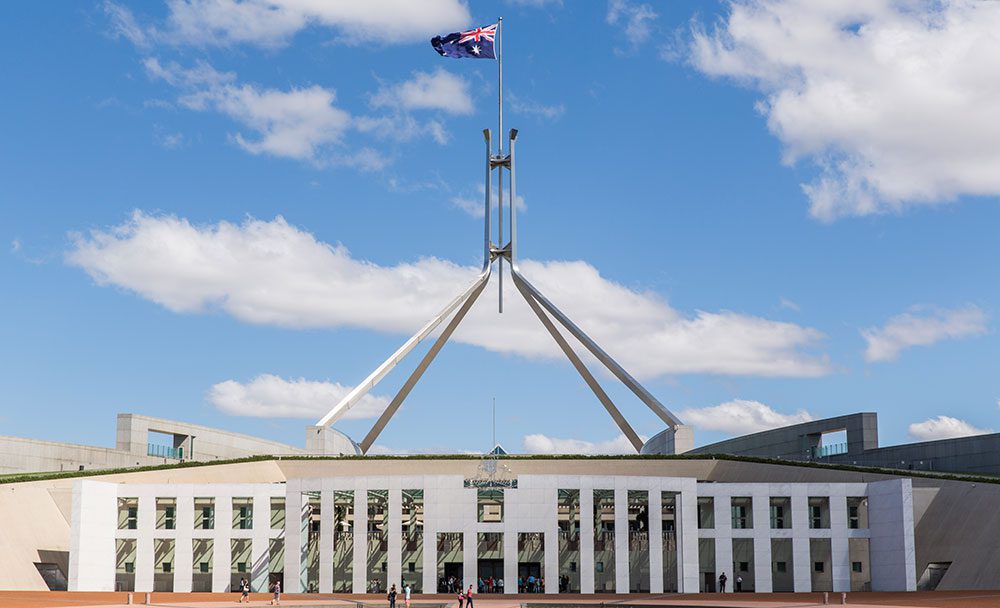Centrelink is the biggest monetary support system for Australians, however it seems as though there is a large disparity between those who are eligible to receive Centrelink and Government benefits, and those who are ineligible for any subsidy. This has become particularly evident in light of COVID-19. The Government has rolled out schemes including JobSeeker and JobKeeper in the hope of supporting Australians that struggle throughout this period, however it has become clear that the government has failed to address the needs of students.
Youth Allowance
Perhaps the biggest, and most relevant payment for students, is Youth Allowance. This ongoing subsidy provides financial assistance to students under 24 years, or those aged 21 and under who are looking for work. This payment is dependent on three conditions:
- Meet Australian residence rules
- Satisfy income tests
- Be undertaking an approved course or full time Australian Apprenticeship
Alongside these conditions, students must be considered ‘independent,’ and must satisfy the income test requirement. If a person is under 21, they have to pass a ‘parental means test,’ and prove that they are supporting themselves through full time work. This test includes an evaluation of the parent’s income and assets, which excludes many students from obtaining youth allowance. Furthermore, it precludes many students from accessing the payment purely due to their age and parent’s income.
Student One:
“I am 20 years old and have moved out of home for University. I am paying for everything myself and work two casual jobs. Despite not receiving assistance from my parents, as I am under 21, their income is still taken into consideration. Unfortunately, they do not satisfy the parental income test. To prove that I am independent, I would need to show that I have worked an average of 30 hours a week. As I can pay my rent whilst working around 20 hours, I am not considered independent. This system means that I cannot claim any payments or support from Centrelink.”
JobKeeper
In response to the sudden and dramatic COVID-19 pandemic and its subsequent financial implications, the Government rolled out the JobKeeper scheme in recognition of the vulnerability of casual employees. According to the ABS, the majority of casual workers are full or part-time students. Despite this significant number of students, the fine-print of JobKeeper has meant that many students have been left with little, if any, financial assistance during this period.
Student Two:
“I have worked at my occupation for almost five years, yet as my business is an off-set of the government, it is ineligible to receive JobKeeper benefits. This means that as a casual employee, I have no rights and am unable to receive compensation. I am under 21 which means that my parents income is taken into consideration when trying to apply for JobSeeker, and am therefore ineligible. The Government has not provided its own casual employees with any support, despite its responsibility to look after its staff.”
Student Three:
“I started working at my current job in my first year of University and have been there for almost one year. The business is eligible for JobKeeper, and has nominated its eligible employees for the payment. I unfortunately do not qualify as I was not employed prior to March 1. However, the business is only giving shifts to those whom are receiving JobKeeper payments, as then, it does not have to pay anything out of its own pocket. I have not had a shift in two weeks.”
JobSeeker
The JobSeeker Payment is similar to Youth Allowance, however it is for individuals 22 years and older who are seeking employment. Someone who is receiving JobSeeker payments must actively be seeking employment during the period of support.
Student Four:
“I have lost my job as a result of COVID-19. My employer informed its staff that it is ineligible to receive JobKeeper, and that I should seek the JobSeeker payment. I am under 22 years old, and supporting myself through my full-time studies at ANU. I am ineligible for Youth Allowance as well, as my parents income comes into consideration. I have had to move back into my family home as without employment, I cannot afford to live by myself. It seems to me that the government has failed to protect its students.”
The government and its subsidies have left the student demographic struggling. Despite issues existing ordinarily, these have been increased as a result of COVID-19. The qualifications necessary to receive subsidies and benefits have resulted in a large number of ineligible students, whom should otherwise be considered as eligible.
We acknowledge the Ngunnawal and Ngambri people, who are the Traditional Custodians of the land on which Woroni, Woroni Radio and Woroni TV are created, edited, published, printed and distributed. We pay our respects to Elders past and present. We acknowledge that the name Woroni was taken from the Wadi Wadi Nation without permission, and we are striving to do better for future reconciliation.
